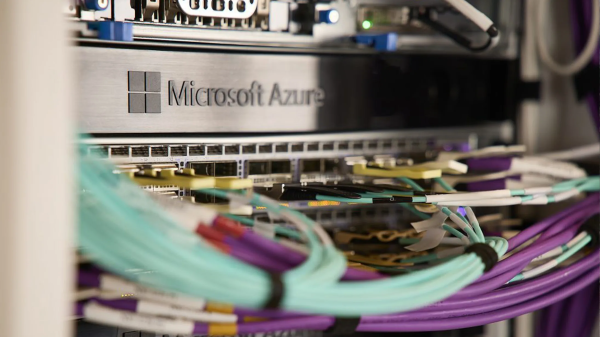Sweden-based Stegra has announced that it has signed two agreements with Microsoft, covering both the supply of near-zero emission steel and the purchase of environmental attribute certificates (EACs). The steel will be produced at Stegra’s flagship Boden plant in northern Sweden, a facility designed to deliver up to 95 percent lower emissions than traditional blast furnace-based steelmaking.

Microsoft’s push for sustainable datacenters
The steel supplied under the deal will be integrated into components used in Microsoft’s datacenter construction, directly cutting embodied carbon in one of the company’s fastest-growing business segments.
Executives at Microsoft emphasized that green steel adoption will be critical to reducing scope 3 emissions across its supply chain:
Jennifer Weitzel, corporate vice president of engineering, construction and procurement: “Integrating near-zero emission steel into our datacenter construction is a critical advancement in reducing embodied carbon at scale.”
Melanie Nakagawa, chief sustainability officer: “EACs will help signal demand and enable project financing for global green steel production.”
Introducing EACs to the steel sector
In parallel, Microsoft will purchase environmental attribute certificates linked to Stegra’s production. This represents the first time EACs have been applied in the steel sector, a model previously used by Microsoft in aviation fuels and cement.
The certificates allow the “green value” of steel to be separated from the physical product, ensuring credible accounting and avoiding double counting of carbon reductions.
Backed by Microsoft’s Climate Innovation Fund
The agreements expand on Microsoft’s 2023 investment in Stegra via its Climate Innovation Fund, reinforcing its commitment to become carbon negative by 2030.
By working with Stegra, Microsoft is not only cutting its own footprint but also stimulating market demand for green steel, helping secure financing for large-scale decarbonization projects worldwide.